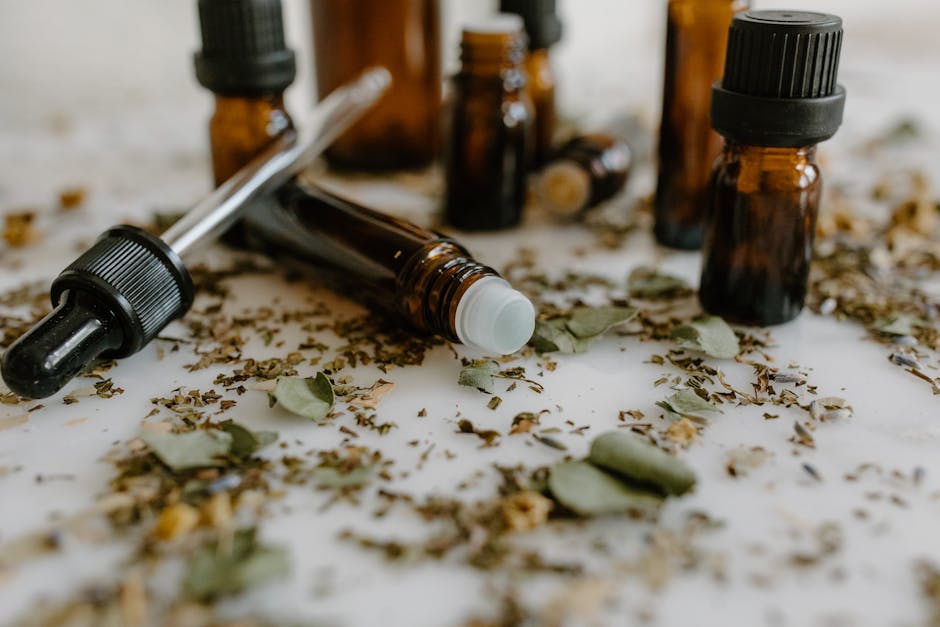Anxiety, a common human experience, manifests in various forms, from mild unease to debilitating panic attacks. While it’s a natural response to stress, persistent or overwhelming anxiety can significantly impact one’s quality of life, affecting physical health, relationships, and overall well-being. Fortunately, numerous approaches can help manage and reduce anxiety, fostering a healthier and more balanced mental state. This exploration delves into several effective strategies, highlighting their potential benefits and considerations for implementation.
Understanding the Roots: A Holistic Approach
Before embarking on strategies to alleviate anxiety, understanding its roots can be crucial. Anxiety disorders often stem from a combination of genetic predispositions, environmental factors, and learned behaviors. Identifying triggers, whether they’re specific situations, thoughts, or external pressures, empowers individuals to develop targeted interventions. Recognizing personal vulnerabilities and stress responses is a vital initial step towards effective management.
Mindfulness & Meditation: Cultivating Inner Peace
Mindfulness, a practice focused on present moment awareness, offers a powerful tool to combat anxiety. By cultivating a non-judgmental awareness of thoughts, feelings, and bodily sensations, mindfulness allows individuals to detach from anxious ruminations and instead engage with the here and now. Mindfulness meditation, a cornerstone of this practice, involves focusing on breath, sensations, or mental imagery to anchor the mind and quiet the anxieties swirling within. Various apps and guided meditations offer accessible entry points for beginners seeking to integrate mindfulness into their routine.
Lifestyle Adjustments: Fueling the Mind-Body Connection
Effective anxiety reduction often intertwines with adopting a holistic lifestyle. Adequate sleep is paramount, as insufficient rest can exacerbate anxious thoughts and feelings. Establishing a regular sleep schedule, creating a calming bedtime routine, and ensuring a sleep-conducive environment can significantly contribute to overall well-being.
Nutrition plays a vital role in mental well-being. A balanced diet rich in fruits, vegetables, and whole grains provides essential nutrients that support optimal brain function. Conversely, excessive caffeine or sugar intake can exacerbate anxiety symptoms. Regular physical activity, whether it’s a brisk walk, yoga, or a team sport, releases endorphins, reducing stress hormones and promoting a sense of calm. This physical activity also strengthens the mind-body connection, allowing individuals to better manage physical manifestations of anxiety.
Cognitive Behavioral Therapy (CBT): Restructuring Negative Thought Patterns
Cognitive Behavioral Therapy (CBT) is a widely recognized approach for treating anxiety disorders. CBT helps individuals identify and challenge negative thought patterns that contribute to anxious feelings. By understanding how thoughts, feelings, and behaviors interact, individuals can develop more adaptive coping mechanisms and modify their responses to anxiety-provoking situations. CBT often involves techniques like cognitive restructuring, where individuals learn to reframe negative thoughts into more balanced perspectives. Professional guidance is often beneficial in mastering these techniques.
Social Support & Connection: The Power of Community
Strong social connections are essential for emotional well-being. Building and maintaining supportive relationships with friends, family, or support groups can provide a sense of belonging and validation. Talking about concerns and experiences with trusted individuals can reduce feelings of isolation and offer alternative perspectives on challenging situations. Seeking guidance from a mental health professional can offer personalized strategies for navigating interpersonal issues.
Breathing Exercises: Calming the Nervous System
Techniques focusing on controlled breathing are instrumental in managing anxiety. Slow, deep breaths can help regulate the nervous system and bring about a sense of calmness. Box breathing, involving inhaling and exhaling evenly, is a popular technique that allows for conscious control over physiological responses to anxiety triggers. Practicing these techniques consistently can equip individuals with practical tools for managing anxiety in the moment.
Medication: A Supporting Strategy
Medication, particularly prescribed by a qualified healthcare professional, can be an important component of a comprehensive treatment plan for anxiety disorders. Anti-anxiety medications and antidepressants can help regulate neurotransmitter levels in the brain, mitigating anxious symptoms and promoting a sense of calm. However, medication is often most effective when paired with other strategies, such as lifestyle adjustments and therapy.
Conclusion: A Journey Towards Resilience
Managing anxiety is a journey, not a destination. A multifaceted approach that combines lifestyle adjustments, mindfulness techniques, therapy, and, when necessary, medication, often yields the most positive results. Remember, self-compassion is crucial throughout this process. Recognize that progress may not always be linear, and setbacks are a normal part of the healing journey. With consistent effort and a supportive network, individuals can cultivate resilience and navigate the challenges of anxiety, fostering a more fulfilling and balanced life.
